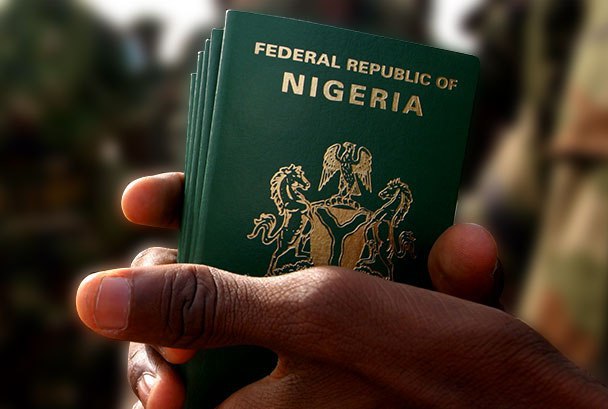By: Daure David
Effective September 1, 2025, the cost of obtaining a Nigerian international passport will double, following a directive from the Nigeria Immigration Service. The revised fees are as follows:
| Passport Type | Validity | New Price | Previous Price |
|—————————-|———-|———–|—————-|
| 32-page booklet | 5 years | ₦100,000 | ₦50,000 |
| 64-page booklet | 10 years | ₦200,000 | ₦100,000 |
The announcement has triggered widespread public outcry, with many Nigerians questioning the rationale behind the increase, especially in a country where over half of passport holders never use them for travel.
📉 Economic Realities vs. Policy Decisions
Critics argue that the new pricing structure reflects a broader disconnect between government policy and the lived experiences of ordinary citizens. For many, the passport is not a travel document but a symbol of hope acquired “just in case” an opportunity arises. Yet, for most, that opportunity never comes.
In Abeokuta, a viral video recently showed a school teacher with a B.Sc. in Education earning ₦35,000 monthly barely ₦1,000 per day. This stark contrast between the cost of basic documentation and the income of educated professionals has reignited conversations about Nigeria’s economic model.
“This administration is chasing a $1 trillion economy while ignoring the people who are supposed to build it,” said a university lecturer in Kano. “We’re not just pricing out passports we’re pricing out dignity.”
Junior lecturers in federal universities, many of whom are first-class graduates, reportedly earn less than ₦150,000 monthly. Meanwhile, street touts (agberos) in major cities can make ₦15,000–₦20,000 daily, often without formal education.
Analysts say Nigeria is caught between two economic ideologies neither fully capitalist nor socialist resulting in policies that disproportionately burden the working class. The widening gap between the middle class and the poor is fueling insecurity, fraud, and a growing distrust in hard work.
“Until we restore dignity to labour and pay people what they deserve, we will continue to raise a generation that sees no reward in honesty,” said a civil society advocate in Lagos.
As the nation grapples with inflation, unemployment, and rising costs, citizens are calling for a complete rethink of Nigeria’s economic values. The passport fee hike, while seemingly administrative, has become a flashpoint in a larger debate about fairness, opportunity, and the future of the Nigerian dream.







